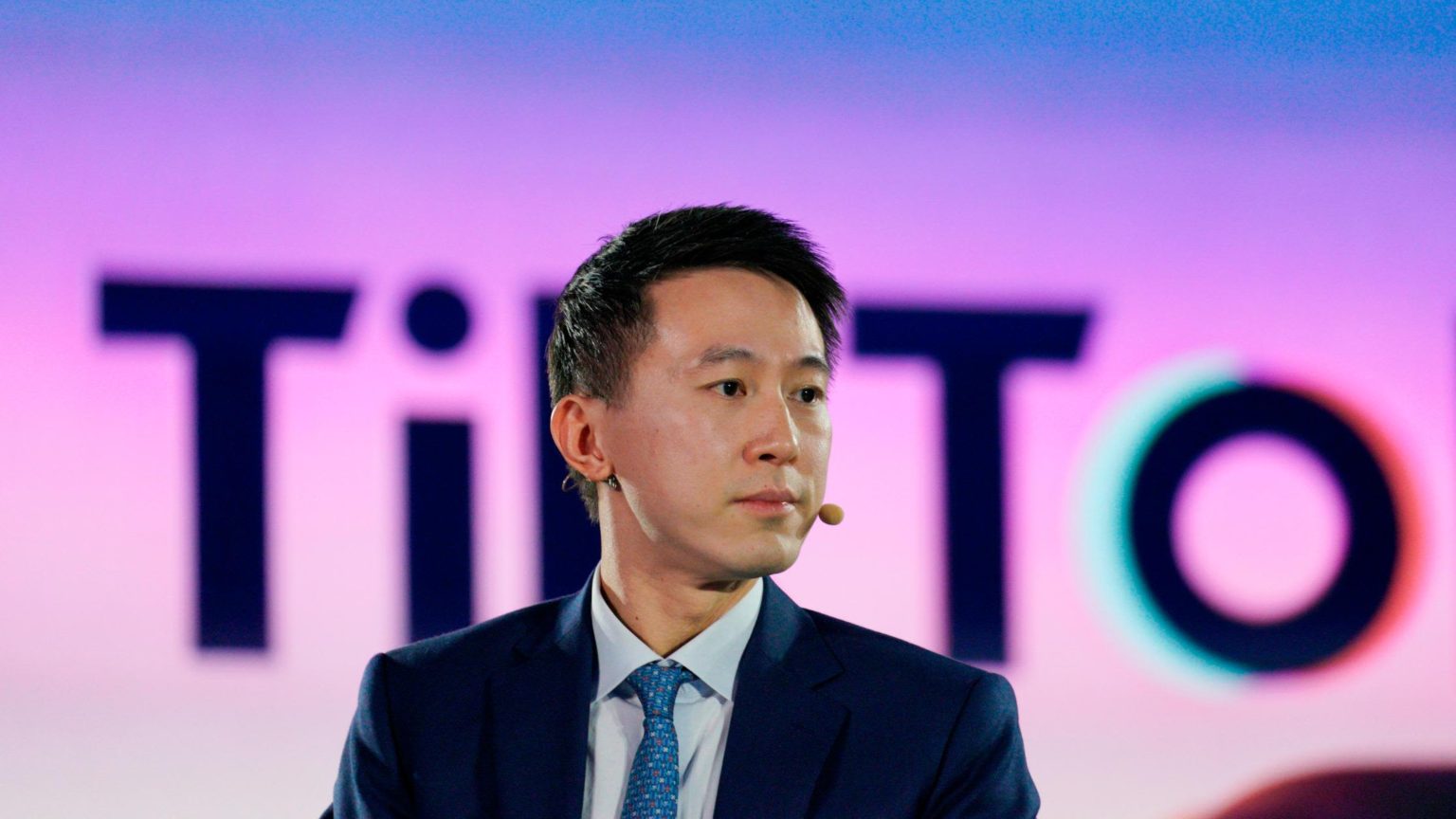|
Getting your Trinity Audio player ready...
|
In a recent development, TikTok has revealed that it is financially supporting a high-profile lawsuit filed by TikTok users and creators against Montana’s TikTok Ban. The social media giant itself is covering the legal fees for a group of five TikTok creators who are part of the lawsuit. This news came to light after TikTok’s involvement in the litigation was reported by The New York Times.
Jodi Seth, a TikTok spokesperson, stated that the company is committed to supporting its creators and their constitutional rights. TikTok has been engaged in ongoing conversations with its creators and understands their concerns about the potential impact of the Montana law on their livelihoods. As a result, TikTok has decided to back the creators in their fight against the ban.
Montana’s law, which aims to restrict TikTok’s operation within the state and imposes penalties on the company and app stores that violate the law, has faced legal challenges. Experts in constitutional law have raised concerns about the legislation, noting potential constitutional issues and questioning its enforceability, even if upheld. The law is scheduled to take effect in January.
TikTok’s involvement in this lawsuit showcases the platform’s commitment to its creators and their freedom to express themselves on the app. By providing financial support, TikTok is standing alongside its users in challenging the ban and defending their rights.
The outcome of this lawsuit could have significant implications not only for TikTok but also for the larger debate surrounding the regulation of social media platforms and the constitutional rights of their users. As the legal battle continues, all eyes will be on the court’s decision regarding the fate of Montana’s ban on TikTok.
The lawsuit against Montana’s TikTok ban has sparked a broader discussion about the regulation of social media platforms and the impact on users’ constitutional rights. While the ban is set to take effect in January, legal experts have raised doubts about its enforceability and its potential conflict with constitutional principles.
Critics argue that the ban infringes upon the First Amendment rights of TikTok creators and users, as it restricts their ability to express themselves and engage with the platform. They contend that such a ban not only stifles creativity but also hampers economic opportunities for content creators who rely on TikTok as a source of income.
In response to these concerns, TikTok has taken an active role in supporting its creators and ensuring that their voices are heard. By funding the lawsuit, the company is sending a clear message that it stands firmly behind its user community and is committed to protecting its constitutional rights.
The outcome of this legal battle will likely have broader implications beyond Montana. It could potentially set a precedent for future challenges against similar bans or restrictions on social media platforms in other states. The case will test the delicate balance between national security concerns and individuals’ right to free speech and creative expression.
As the legal proceedings unfold, the spotlight will be on the court’s decision regarding the fate of Montana’s TikTok ban. Both TikTok users and legal experts will closely follow the developments, as the case has the potential to shape the landscape of social media regulation and the rights of users in the digital age.
In the midst of ongoing debates surrounding social media platforms, their influence, and the appropriate level of regulation, this lawsuit brings to the forefront the importance of protecting individual freedoms while addressing legitimate concerns about national security and data privacy. The outcome of this case will undoubtedly be closely watched and could have far-reaching implications for the future of social media and the rights of its users.
